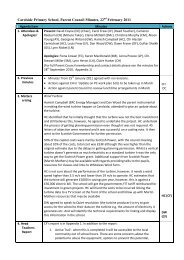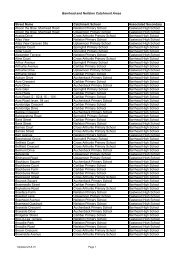Basic Introduction to Community Work - Central
Basic Introduction to Community Work - Central
Basic Introduction to Community Work - Central
You also want an ePaper? Increase the reach of your titles
YUMPU automatically turns print PDFs into web optimized ePapers that Google loves.
• non-formal contact;<br />
• informal support; and<br />
• informal and formal learning and development opportunities<br />
Competent CLD workers will also have self-management skills, such<br />
as time management and communication, that are appropriate <strong>to</strong> the<br />
level at which they are practising. While these are not detailed in the<br />
competences, they are covered through the SCQF framework and<br />
the National Occupational Standards.<br />
Critically Reflective CLD workers<br />
CLD practitioners are aware of their values and principles and<br />
critically reflect on their practice and experience so that they integrate<br />
their knowledge, skills, values and attitudes and use these effectively<br />
in their work. They use self-assessment, participative processes and<br />
evidence of the impact of their work <strong>to</strong> plan and manage their<br />
activities.<br />
These are essential <strong>to</strong> their ability <strong>to</strong> develop and manage their own<br />
practice and identify their own learning and development needs.<br />
The CLD competences<br />
• Know and understand the community in which we work<br />
• Build and maintain relationships with individuals and groups<br />
• Provide learning and development opportunities in a range of<br />
contexts<br />
• Facilitate and promote community empowerment<br />
• Organise and manage resources<br />
• Develop and support collaborative working<br />
• Evaluate and inform practice<br />
40


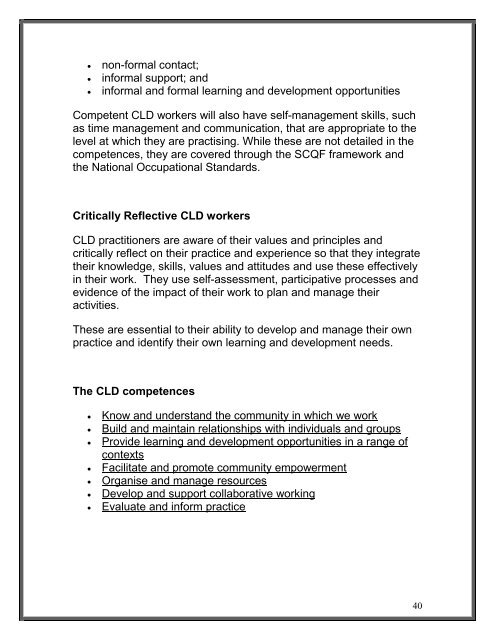

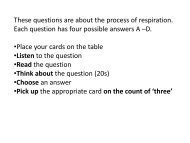
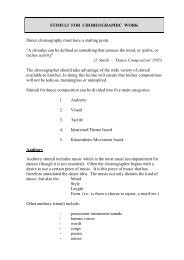
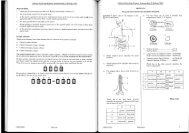
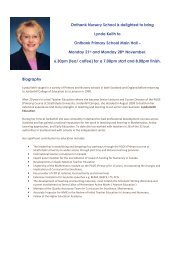
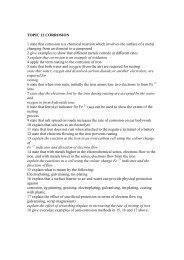
![Eastwood_Area_Catchment_updated_16-5-11[1]](https://img.yumpu.com/17146012/1/184x260/eastwood-area-catchment-updated-16-5-111.jpg?quality=85)

